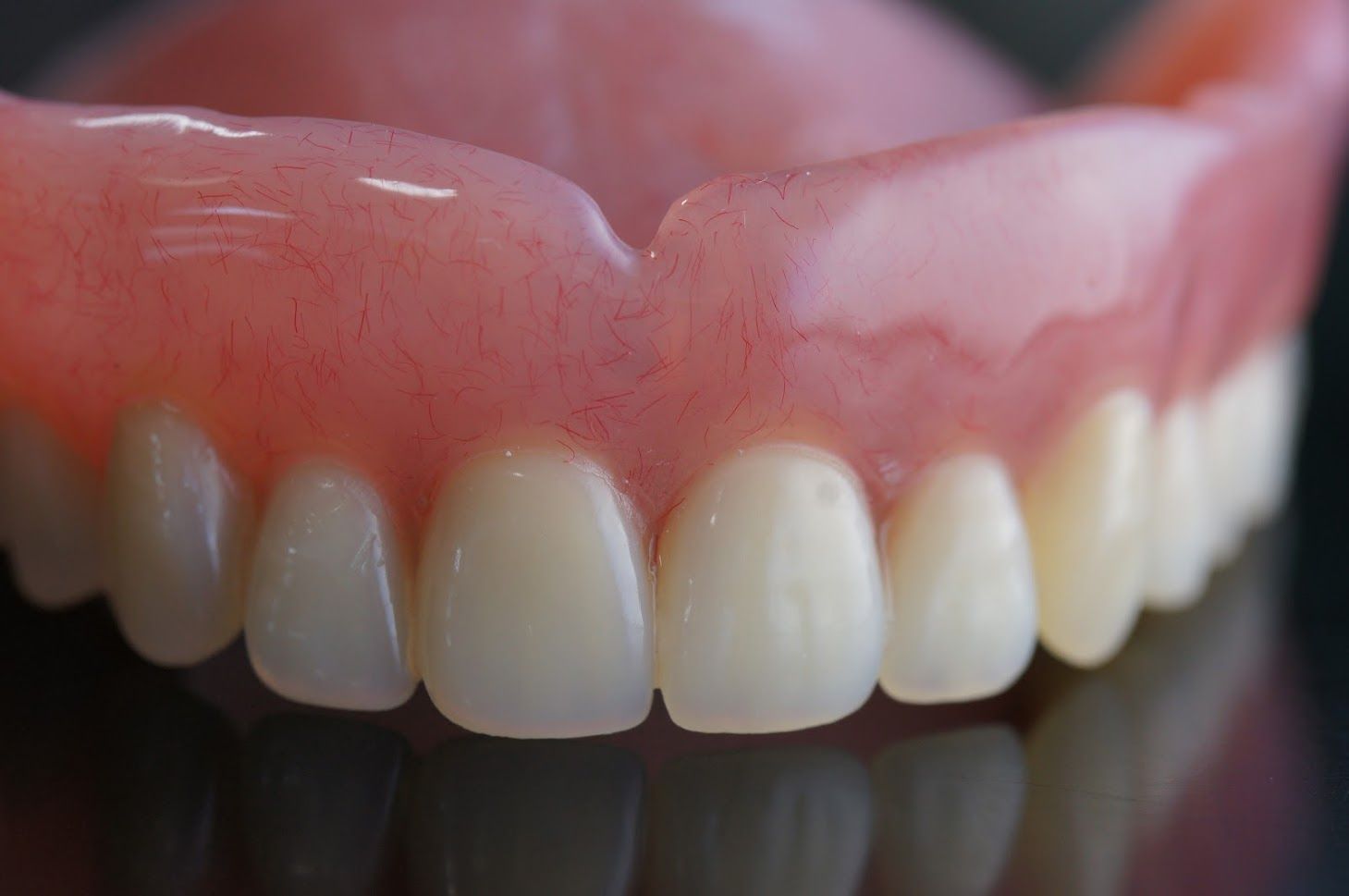How To Treat Periodontitis

Periodontitis is a serious gum infection that can damage the bone that supports your teeth and your soft tissue. According to WebMD, it affects about 47.2 percent of adults over the age of 30, and if left untreated, it can lead to tooth loss and increase your risk of other health problems, such as heart disease and stroke. The good news is that periodontitis can be treated and prevented with proper oral hygiene and professional care.
Discover some steps you can take to treat periodontitis and keep your gums healthy.
See Your Dentist Regularly
Your dentist can diagnose periodontitis by examining your mouth, measuring the depth of the pockets between your gums and teeth, and taking dental X-rays to check for bone loss. Their treatment recommendation will depend on the severity of your condition. However, earlier treatment can help reverse the condition before tooth loss occurs. Thus, regular dental visits are imperative.
Get Scaling and Root Planing
This in-office procedure happens when your provider cleans the surfaces of your teeth above and below the gumline, removing plaque, tartar, and bacteria. A scaling and root planing treatment also smooths the root surfaces, which helps prevent the further buildup of plaque and bacteria and allows your gums to reattach to your teeth. You may need more than one visit to complete this treatment, and you will likely receive local anesthesia to minimize the discomfort.
Use Antibiotics if Needed
Sometimes, scaling and root planing are not enough to control the infection, and you may need additional medication. Your dentist or periodontist may prescribe oral antibiotics or topical antibiotics, such as mouth rinses or gels that go into the gum pockets. These products can help reduce the number and types of bacteria that cause or worsen periodontitis.
Consider Surgery if Necessary
If your gum disease is advanced or does not respond well to nonsurgical treatments, you may need dental surgery to restore your gingival health. If this is necessary, your provider at Airport Road Dental Associates will give you a referral to a periodontal specialist for treatment. Some common surgical options include:
- Flap surgery. This involves lifting back the gums and removing the tartar from the deeper pockets. The gums are then stitched back in place so that they fit snugly around the teeth.
- Soft tissue grafts. This involves taking tissue from another part of your mouth or a donor source and attaching it to the areas where you have lost gum tissue due to recession.
- Bone grafts. This treatment involves using bone from your own body, a synthetic source, or a donor to replace the bone that periodontitis has damaged. The grafting helps support your teeth and promote new bone growth.
- Guided tissue regeneration. This procedure puts a small mesh between the bone and gum tissue after a bone graft. This prevents the gum tissue from growing into the space where the bone should be, allowing the bone and connective tissue to regenerate.
Even with surgical intervention, proper home care is necessary. Your periodontitis treatment will likely combine clinical and at-home measures.
Maintain Good Oral Hygiene at Home
To prevent periodontitis from recurring or worsening, take good care of your teeth and gums every day. In addition to regular brushing and flossing, you should:
- Use an antimicrobial mouthwash as recommended by your dentist or periodontist
- Avoid tobacco use, which can worsen gum disease and interfere with healing
- Limit alcohol consumption and foods with added sugars, which can promote plaque formation
- Seek dental or medical advice for dry mouth, changes in taste or smell, or other mouth problems associated with the gums
Periodontitis is a serious but treatable condition that can affect your oral and overall health. If you are concerned about the state of your gums, contact Airport Road Dental Associates, PC. We can help you improve your gingival health and avoid unnecessary tooth loss.
Contact Information
Phone: 219-763-2727
Address: 3465 Airport Road, Portage Indiana, 46368
Business Hours:
- Mon - Tue
- -
- Wednesday
- -
- Thursday
- -
- Friday
- -
- Sat - Sun
- Closed


















